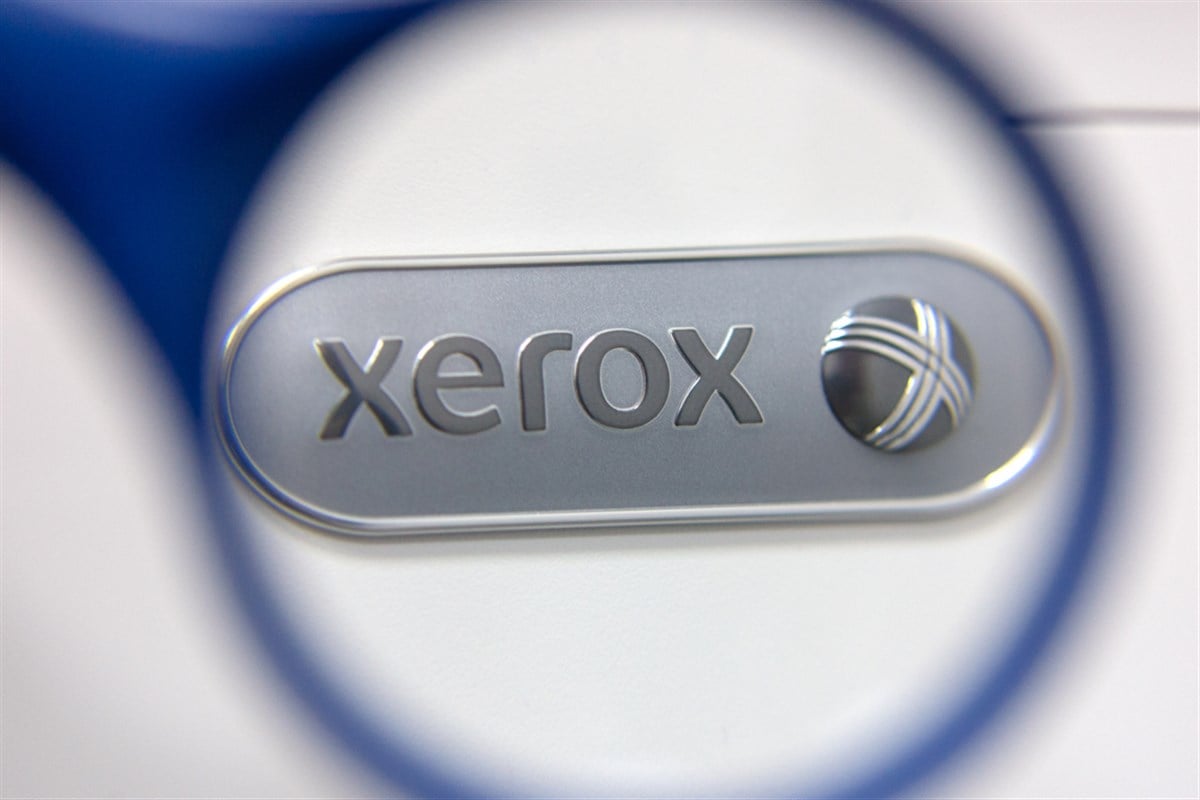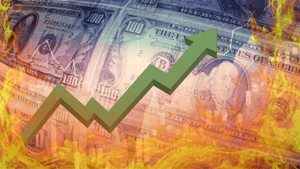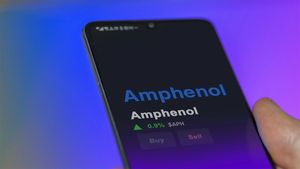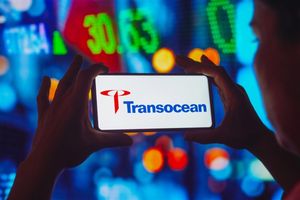Financial News
Is Xerox’s 6% dividend a value deal or a value trap?

Has the effect of growth and hype preference faded off from the 2022-2023 mania in sectors like technology stocks and, more recently, semiconductor and chip makers? Well, hysteria typically looks to pump out its last legs before the economic reality sets in. Today, the FED itself comes to give markets a reality check.
You see, now that the FED’s attempts to curb stubborn inflation have begun to prove fruitful, they are now starting to price because higher rates are beginning to hurt the economy more than they are helping it. Looking at the rising unemployment rate and the year-long contraction in manufacturing, it seems that rate cuts are the way to go soon.
Notice how it is all a waiting game, though? So, in the meantime, going with the ‘boring’ defensive stocks can be a sensible strategy to protect your portfolio against the market’s whipsaws amid the uncertain timing of the FED. This is why names like Xerox (NYSE: XRX) are getting attention from J.P. Morgan Chase & Co. (NYSE: JPM) analysts and other big investment houses. More on that in a bit.
Level the playing field
Recently, there have been a lot of bearish rumors going on on Wall Street regarding commercial real estate, particularly in the office and industrial space. Some of the biggest banks like Citigroup (NYSE: C), Bank of America (NYSE: BAC), and even Wells Fargo (NYSE: WFC) have reported concerning paper losses on their commercial real estate loans.
This can be due to many factors, including the cyclical devaluation of real estate after the FED aggressively hiked rates during 2023. You can see the declines in the Vanguard Real Estate ETF (NYSEARCA: VNQ) during this period.
As this is a REIT (real estate investment trust) ETF, its value is directly tied to the underlying property values held in the trusts. However, the issues in office property devaluing have more to do with the after-effects of the COVID-19 pandemic, which made today’s workplace a hybrid or even fully remote setting for many jobs.
Sure, many aspects of corporate jobs are going on the online route, making the need for office supplies see a secular downtrend. However, some services will still require ‘hands on deck’ to need and utilize office supply products. Think medical practices, law offices, and government positions.
As long as these industries keep operating and expanding, Xerox has a base of customers that it can still serve. Considering that the business is not ‘dying,’ as seen in its latest quarterly earnings results, this could be a deep value play and a swift cushion for your portfolio.
Due diligence
With free cash flow (operating cash flow minus capital expenditures) being up $130 million over the year, Xerox management had a way to express their confidence to shareholders. You see, they used part of this cash flow to continue restructuring Xerox to adapt to today’s workplace and reward investors.
Today, you could earn a 6.0% annual dividend yield on the stock. This payout has been purposely set to beat both inflation and the ten-year government bonds, again, an expression of confidence coming from management in regard to the future prospects of the business.
But it seems that management is not the only party looking to throw Xerox a celebratory view; Vanguard (the company’s largest shareholder) upped its stake in the stock by as much as 10.2% back in December 2023. This transaction would place the total investment at a grand total of $247.7 million.
Most analysts have landed on a consensus price target of $14.7 a share for Xerox, representing a near 12.0% downside from today’s prices. However, not all targets are created equal. J.P. Morgan leads the way with a $15.0 target, making it the highest among the other ranges.
If you believe that the bulk of government, medical, and other professions require office space (and supplies), then Xerox could be the stock for you to play that turnaround view. Cushioning any bumps along the road is the stock’s attractive dividend, and here is some additional perspective:
The stock was trading near $39.0 a share in 2019 before the COVID-19 pandemic changed the future perception of the workplace. It often pays to be a contrarian, but only the continued recovery in earnings will tell you whether that risk is worth taking.
More News
View More





Quotes delayed at least 20 minutes.
By accessing this page, you agree to the following
Privacy Policy and Terms Of Service.



